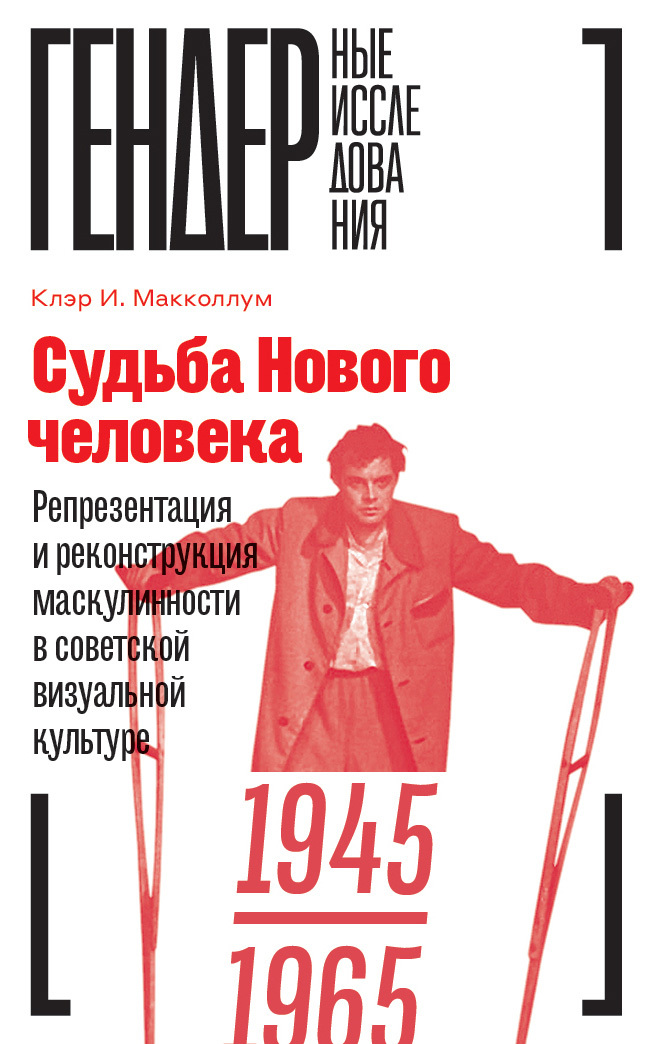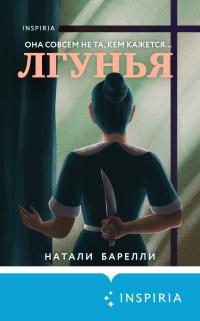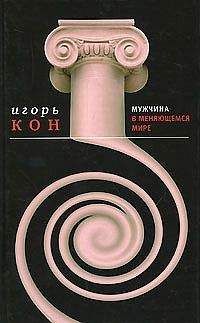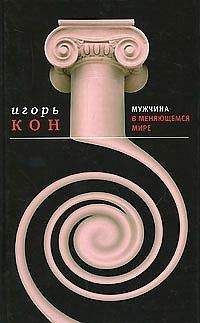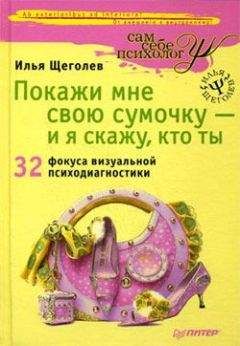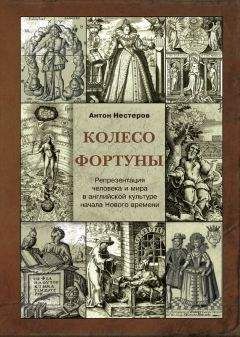возвращению с войны, в центре которых находился пейзаж.
595
Prokhorov А. The Myth of the ‘Great Family’ in Marlen Khutsiev’s Lenin’s
Guard and Mark Osep’ian’s Three Days of Viktor Chernyshev // Cinepaternity: Fathers and Sons in Soviet and Post-Soviet Film. Р. 30.
596
Ibid. P. 30.
597
Woll J. Real Images: Soviet Cinema and the Thaw. London, 2000. P. 112-124.
598
Lovell S. Soviet Russia’s Older Generation // Generations in Twentieth
Century Europe / Ed. S. Lovell. Basingstoke, 2007. Особенно Р. 209–221.
599
Репродукция в: The Museum of Modern Art, Oxford, Soviet Socialist Realist Painting 1930s-1960s: Paintings from Russia, the Ukraine, Belorussia, Uzbekistan, Kirgizia, Georgia, Armenia, Azerbaijan and
Moldova. Oxford, 1992. Р. LVI. См. также картину Аркадия Вычугжанина «Портрет коммуниста И. В. Евстропова» (1967) (Художник. 1968. № 5. С. 12).
600
Среди этих работ — «Дети мира» Ткачевых (1982–1985), «Победители 9 мая в Янгорчино» Николая Карачарскова (1984–1985), «Внучка» из серии «Солдаты» Александра Коренцова (1983–1984), «Отцы и сыновья» Алексея Еремина (1973–1975), «Никто не забыт» Рема
Ермолина (1984), «В День Победы» Алексея Холмогорова (1984), «Дед и внук» Михаила Кугача (1984) и «В родной деревне» Леонида Виноградова (1984). См. также карикатуру Юрия Черепанова «Быстрее, пока дедушка не видит» (Огонек. 1971. № 45. Задняя страница обложки), где изображены два мальчика, один из которых примеряет дедовский китель с медалями, а другой фотографирует своего товарища.
601
Spechler D. Permitted Dissent in the USSR: Novyi Mir and the Soviet Regime. New York, 1982. P. 121–122; Condee N. Cultural Codes of the Thaw // Nikita Khrushchev. Chelsea, 2000. P. 160–176; Edele М.Strange Young Men in Stalin’s Moscow: The Birth and Life of the Stiliagi, 1945-1953 // Jahrbücher für Geschichte Osteuropas. 2002. № 50. Р. 37–61. Связь между новыми формами выражения и безотцовщиной впервые провел социальный психолог Александр Митчерлих, см.: Mitscherlich А. Society without the Father: A Contribution to Social Psychology / Trans. E.
Mosbacher. London, 1969.
602
The Long Way to Victory (Режим доступа: http://www.thediplomaticsociety.co.za/archive/archive/1354-the-long-way- to-victory. Дата последнего обращения 16.04.2021).
603
Более подробно об использовании образа войны путинским режимом см. в: Гудков Л. Память о войне и массовая идентичность россиян // Неприкосновенный запас. 2005. № 2; Woods E. A.Performing Memory:
Vladimir Putin and the Celebration of World War II in Russia // The Soviet and Post-Soviet Review. 2011. Vol. 38. № 2. P. 172–200; Kucherenko
О. ‘That’ll Teach’em to Love Their Motherland!’: Russian Youth Revisit the
Battles of World War II // The Journal of Power Institutions in Post-Soviet Societies. 2011. № 12. (Режим доступа: http://www.pipss.revues.org/3866. Дата последнего обращения 25.03.2021).
604
Kucherenko О. Ibid.
605
Kukhterin S. Fathers and Patriarchs in Communist and Post-Communist Russia // Gender, State and Society in Soviet and Post-Soviet Russia. London, 2000. P. 71–89; Bucher G. Stalinist Families: Motherhood, Fatherhood, and Building the New Soviet Person // The Making of Russian
History: Society, Culture, and the Politics of Modern Russia: Essays In Honor Of Allan K. Wildman / Eds. J. W. Steinberg, R. A. Wade. Bloomington, 2009. P. 129–152; Koshulap I. Cash and/or Care: Current Discourses and Practices of Fatherhood in Ukraine // Gender, Politics and Society in Ukraine / Eds. O. Hankivsky, A. Salnykova. Toronto, 2012. P.
362–363; Чернова Ж. Модель «советского отцовства»: дискурсивные предписания // Российский гендерный порядок: Социологический подход / Под ред. Е. Здравомысловой и А. Темкиной. СПб., 2007.
606
Одно из последних детальных исследований отцовства, где также признается, что Вторая мировая война привела к важной трансформации его модели: King L. Family Men: Fatherhood and
Masculinity in Britain, 1914–1960. Oxford, 2015.
607
Tumarkin N. The Living & the Dead: The Rise and Fall of the Cult of World
War II in Russia. New York, 1994. В особенности P. 129–33.
608
Представление о кризисе маскулинности можно обнаружить в следующих работах: Здравомыслова E., Темкина А. Кризис маскулинности в позднесоветском дискурсе // О муже(н)ственности / Под ред. С. Ушакина. М., 2002. Р. 432–451; Larsen S. National Identity, Cultural Authority and the Post-Soviet Blockbuster: Nikita Mikhalkov and Aleksei Balabanov // Slavic Review. 2003. Vol. 62. № 3. Р. 491–511; Ashwin S., Lytkina Т. Men in Crisis in Russia: The Role of Domestic Marginalisation // Gender and Society. 2004. Vol. 18. № 2. Р. 189–206; Kay R. Men in Contemporary Russia: The Fallen Heroes of Post-Soviet Change. London, 2006; Prokhorova E. The Post-Utopian Body Politic: Masculinity and the Crisis of National Identity in Brezhnev-Era TV Miniseries // Gender and National Identity in Twentieth-Century Russian Culture / Eds. H. Goscilo, A. Lanoux. DeKalb, 2006. P. 130–136; Seckler D. Engendering Genre: The Contemporary Russian Buddy Film. PhD Dissertation, University of Pittsburgh, 2010.
